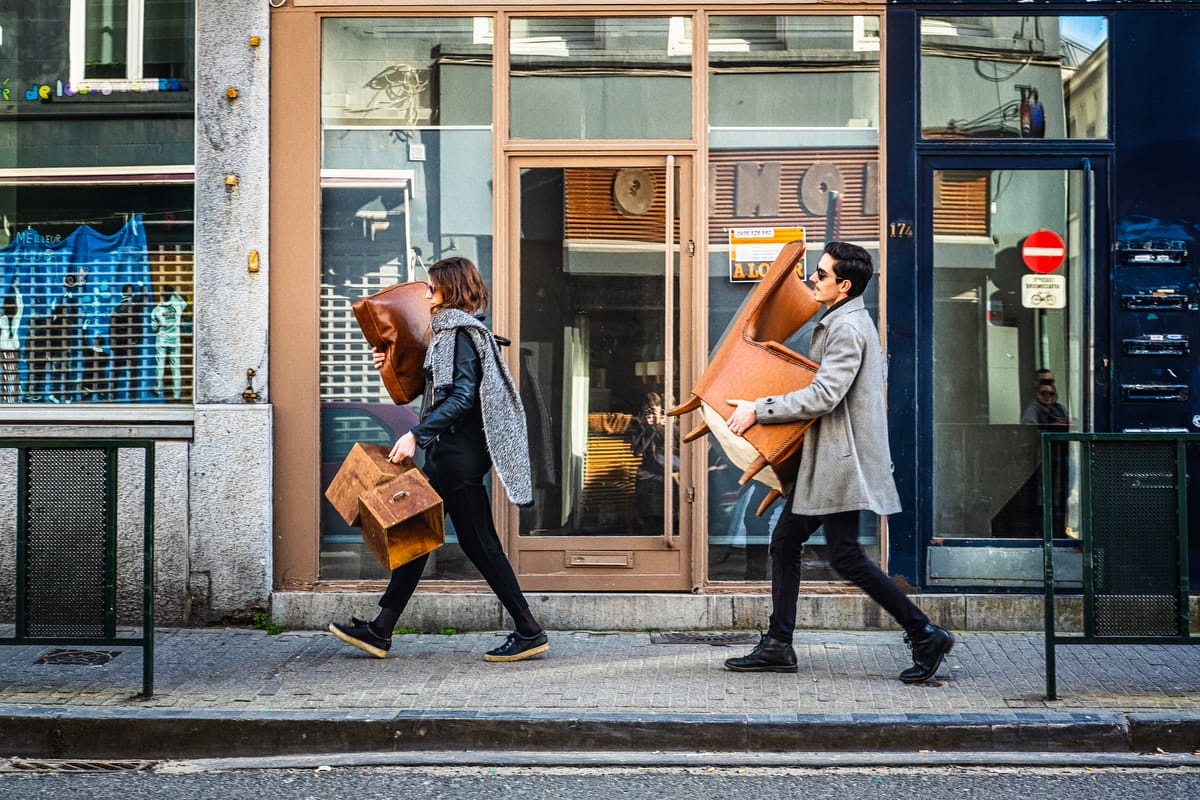Affordable housing
Housing for the people, not for the profits.


What does Vooruit.brussels want?
Our programme promotes a resolutely different vision and approach to housing and urban development, supported by international insights and examples. We argue for smart densification of our city that is socially inclusive and strengthens our climate resilience.
Massive investment in social and public housing
- We reform urban planning charges by making it mandatory to use them for social housing in rich municipalities that do not have 15% social housing.
- In large property developments, 25% of the housing must be social housing.
Investment in new housing types
- Housing for key workers on the London model, where we reserve some of the housing for people with essential occupations.
- Develop more cooperatives and Community Land Trusts
- Invest in new housing types adapted to Brussels' needs: kangaroo housing, housing projects for single parents.
No more selling of public land & smart densification to avoid urban sprawl
- Densify the 'second crown', with a focus on mobility hubs while de-densifying the densely built-up neighbourhoods and making them greener. We want more solidarity between rich and poor municipalities.
- Not just cramming buildings everywhere and mineralising areas, but rather: gentle densification (i.e. no tower blocks, but smart densification in height while maintaining sufficient green and recreational space in the immediate vicinity).
- We call a halt to the sale of public land, except in industrial areas.
Tackling vacancy
- Better reporting procedure and central database, stricter fines, and active prosecution policy
- Tijdelijk gebruik stimuleren van leegstaande ruimtes
- Speed up conversion of offices to housing and other functions
Regulating the rental market
- Keep rents from rising beyond inflation, freeze prices for 'energy sieves'.
- We give the Joint Rent Commission jurisdictional power, and we link increased subsidies and tax breaks to the voluntary adoption of conventioned rents.
- We adapt the housing code to strengthen tenants' rights, and we automate the allocation of the rent allowance.
Collective investments in energy renovation
- Shift from individual to collective approach:
- Roll out neighbourhood renovation programmes with a focus on poorer neighbourhoods
- Large-scale isolation programme with 'payback via the meter' principle
- Poor owners who rent out can temporarily hand over their property, with the government renovating and then renting it out until investment is recovered
- We are catching up in rolling out heat networks in new neighbourhoods or large projects.